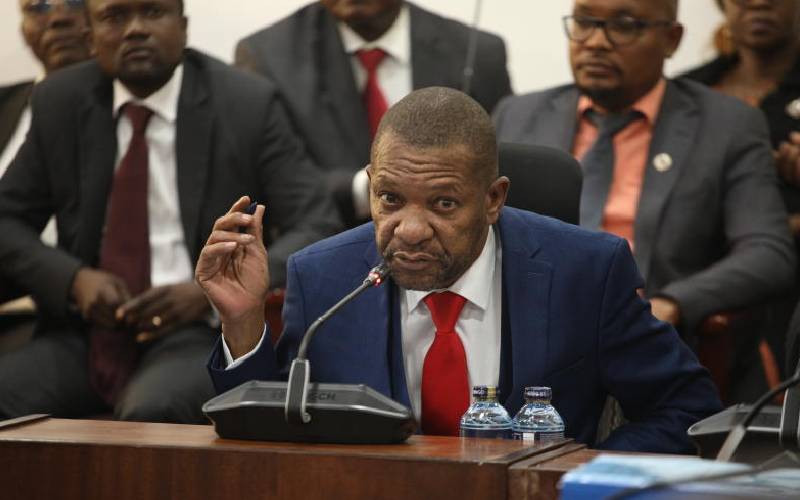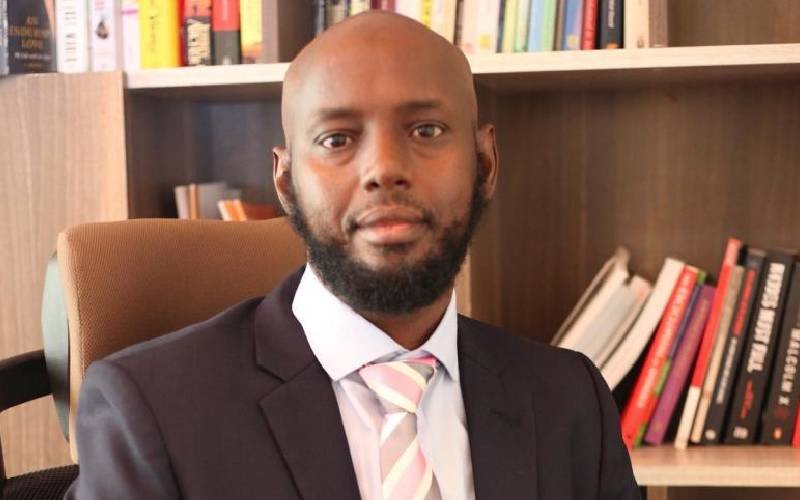There is a serious shortage of oncologists (cancer doctors) and doctors who treat kidney diseases in public hospitals.
According to a five-year health sector human resources strategy paper, currently there is not a even single general cancer doctor in government hospitals. This is shocking, considering that an estimated 112 Kenyans are diagnosed with cancer every day.
The strategy prepared by national and country governments says the sector urgently needs 22 general cancer doctors, otherwise called general oncologists.
However, the paper indicates it will take about three years to train the doctors at the rate of eight per year.
On the other hand, there is only one kidney doctor for children and two kidney physicians in the public health sector.
The country urgently requires 44 doctors in this cadre. The paper, however, notes that it might takes years to professionals to fill the gap.
The other group of health professionals in great demand in public hospitals are gynaecologists.
Currently, there are 73 gynaecologists in the public sector against a requirement of 300.
In the current Sh38 billion hospital equipment programme, the Cabinet Secretary for Health James Macharia says Sh19 billion will go to cancer diagnostic technologies.
At the moment, the human resources strategy paper indicates Kenya has 169 medical engineering technologists against a critical requirement of 1,187 personnel.
The other missing cadre, also important in maintaining technologies, are medical engineering technicians. There are currently 167 medical engineering technicians against a staffing requirement of 847.
The national cancer management guidelines launched by the Cabinet Secretary in 2013 propose that the ministry establishes four regional cancer treatment centres in the Coast, Nyanza, Nyeri and Eldoret.
The Government is currently in the process of installing new radiology machines at Kenyatta National Hospital. Another one will be installed at Moi Teaching and Referral Hospital.
The immediate problem with these plans, said Mr Macharia, is the lack of qualified personnel to man the proposed facilities. "Currently there is a big shortage of human resource to manage cancer in the country," he said.
The cancer centres will require 125 cancer specialists broken down as follows: 15 radiation oncologists, 25 medical oncologists, 10 radiation therapy technologists, 50 oncology nurses, 10 medical physicists, eight nuclear medicine physicians and 12 nuclear medicine technologists.
The guidelines note that this is an expensive undertaking because much of the training is not available locally and take from one to four years.
In 2011, when Aga Khan Teaching Hospital opened a cancer and heart treatment centre, it spent Sh4.5 billion and had to hire expatriates as there were no cancer professionals locally.
 The Standard Group Plc is a multi-media organization with investments in media
platforms spanning newspaper print
operations, television, radio broadcasting, digital and online services. The
Standard Group is recognized as a
leading multi-media house in Kenya with a key influence in matters of national
and international interest.
The Standard Group Plc is a multi-media organization with investments in media
platforms spanning newspaper print
operations, television, radio broadcasting, digital and online services. The
Standard Group is recognized as a
leading multi-media house in Kenya with a key influence in matters of national
and international interest.











